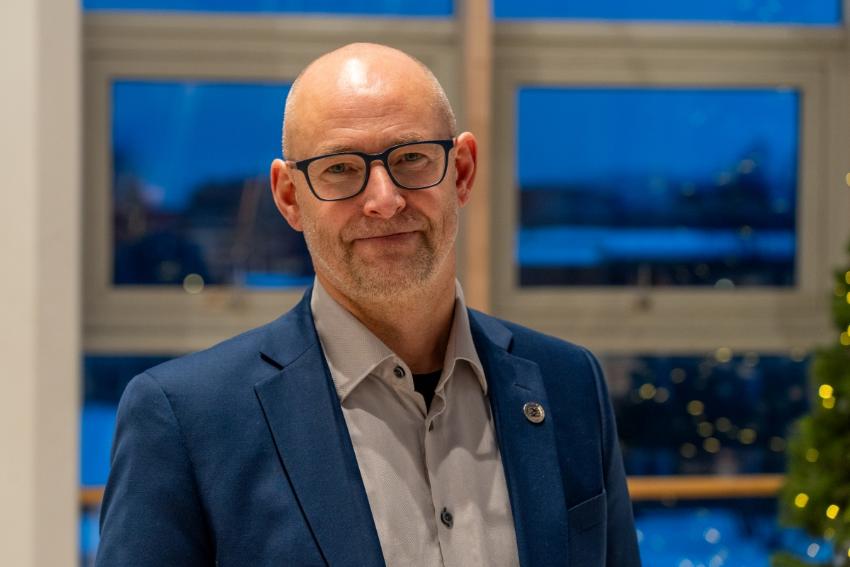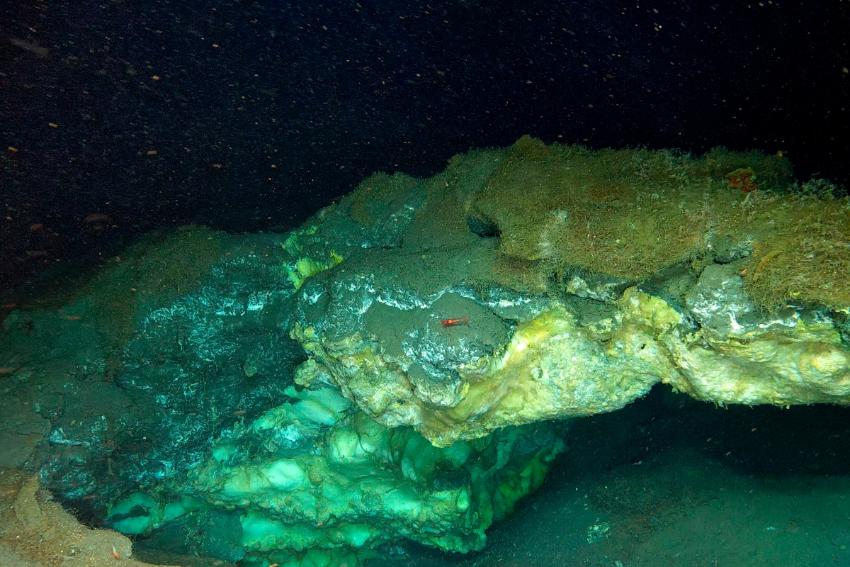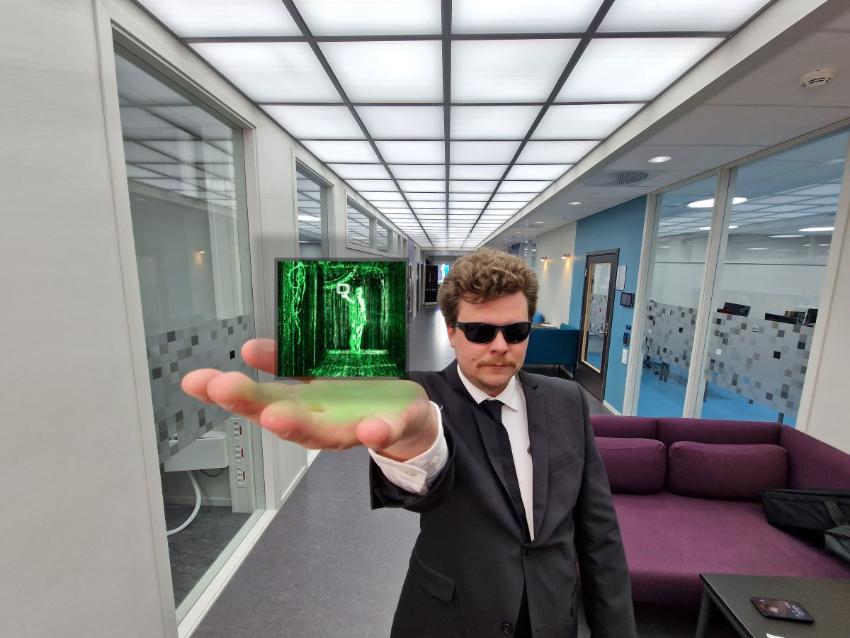“We should identify vulnerabilities and insecurity”
According to two researchers at UiT, security and preparedness should be a focus area during the International Polar Year (IPY), in 2032-33.
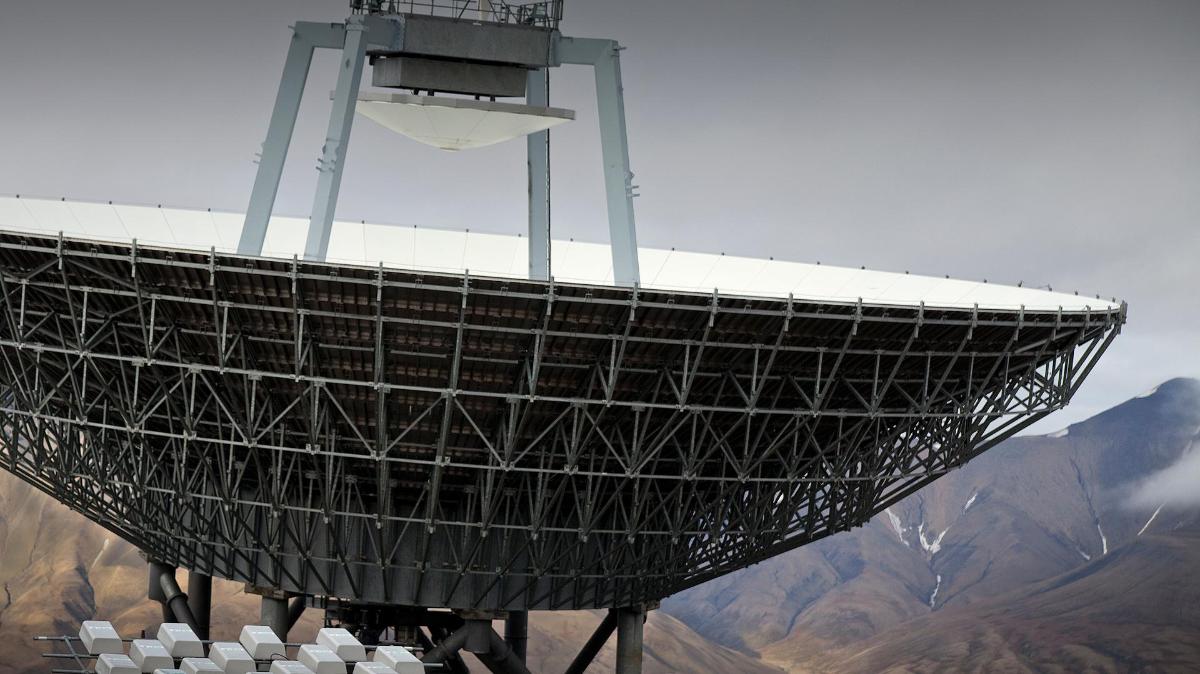
The International Polar Year (IPY) is an international programme where researchers from around the world contribute research that can provide new answers to unresolved questions about nature and society in the Arctic.
The scientific projects in the IPY span two years. Since the first International Polar Year was held in 1882-83, it has been held four times, the last time in 2007-08. The fourth polar year included research on the global, economic, and geopolitical relevance of the Arctic region as a separate field. Among other things, it opened up new research on the consequences of the political dynamics between the USA, Europe, and Russia for the Arctic.
Now, as the fifth International Polar Year is being planned for 2032-33, based on the sixth report of the UN's Intergovernmental Panel on Climate Change, several UiT researchers expect that security and preparedness will also be a focus area.
Including research on security and management in the Arctic region would be a natural, highly desirable, and necessary expansion of the framework for the IPY.
Widening of research frameworks
"Improving our understanding of the role of Arctic communities, in order to strengthen and maintain a sustainable and secure Arctic region, is relevant for building further on democratic processes and societal trust," says Gunhild Hoogensen Gjørv, professor at the Centre for Peace Studies (CPS), and Arctic Six Chair in Security Studies.
Gjørv emphasises that it is important that the research contributions to the IPY take into account what human, societal, and state security entails across the entire region.
"Continued research on security and governance in the Arctic is crucial for any broad Arctic research initiative," stresses Gjørv.
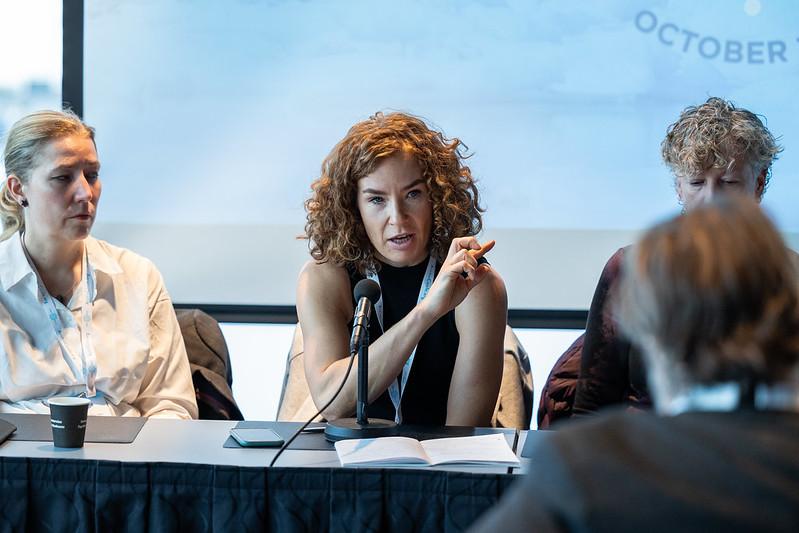
Gjørv's colleague, postdoctoral researcher Malgorzata Smieszek-Rice, at UiT's Norwegian College of Fishery Science, supports Gjørv's statement.
"Including research on security and management in the Arctic region would be a natural, highly desirable, and necessary expansion of the framework for the IPY. Given that the situation in the northern areas is evolving very rapidly, we need answers to some of the most pressing security and management questions concerning the Arctic – and we need research to respond to such questions," says Smieszek-Rice.
Both researchers recently participated in the Arctic Circle Assembly, where IPY 2032-33 was a central topic in several sessions.
Vulnerability and uncertainty
Gjørv points out that today's complex situation leads to an increasing number of hybrid threats, in the form of disinformation, hacking, sabotage, and collection of intelligence information, where the goal is to exploit weaknesses in the fabric of society.
To understand what this entails, Gjørv believes it is important to gather knowledge from a broad interdisciplinary team of researchers and experts, with backgrounds in social sciences, humanities, and natural sciences. She believes such a scholarly community can ensure a comprehensive understanding of how vulnerable – or robust – Arctic communities are.
"No form of governance is perfect, and therefore it is crucial to gain a better understanding of governance forms across the Arctic. We should be able to identify vulnerabilities and insecurity stemming from current practices, and imagine and design measures to improve management that have positive consequences for the security and welfare of Arctic communities and Arctic states," states Gjørv.
"Improving our understanding of the role of Arctic communities, in order to strengthen and maintain a sustainable and secure Arctic region, is relevant for building further on democratic processes and societal trust.
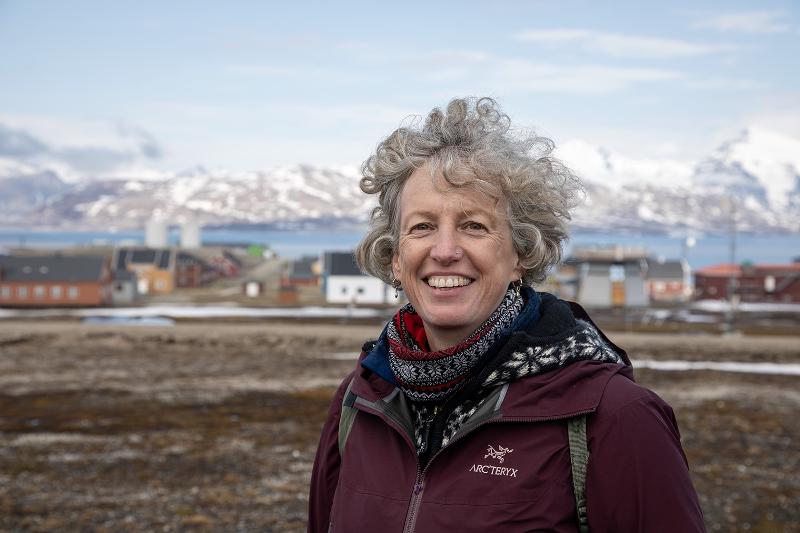
For Gjørv, it is important to gain a better understanding of what preparedness means in times of crisis or conflict, and how the population and communities in the Arctic are affected.
"Research projects that prioritise capacity in this area, within social sciences and humanities, will contribute to strengthening trust, governance, and security across the entire Arctic region," concludes Gjørv.
Completes picture of unanswered questions
The International Arctic Science Committee (IASC) doing research to create a complete picture of unanswered questions about the Arctic that should be explored. They convene researchers, policymakers, voluntary organisations, and other stakeholders at The International Conference on Arctic Research Planning (ICARP).
At the conference, the status of Arctic research on an international level is assessed, and proposals for new focus areas are presented. The next conference, called ICARP IV, will be held in Colorado, USA, in 2025.
Smieszek-Rice has contributed to the research that is done in preparation for ICARP IV. There are several areas of research that are now under consideration, she points out.
"Among the areas worth mentioning are a more systematic examination of mechanisms and effectiveness of science diplomacy, and questions related to research that can be used for both civilian and military purposes. And regarding governance in the Arctic, it might be relevant to look more closely at the extent to which societal institutions are dynamic and effective amidst a geopolitical shift. Additionally, there are a number of questions worth investigating regarding the Arctic's role in a changing global order," concludes Smieszek-Rice.
Kortnytt fra Seksjon for internasjonalt samarbeid, Senter for fredsstudier (CPS)
